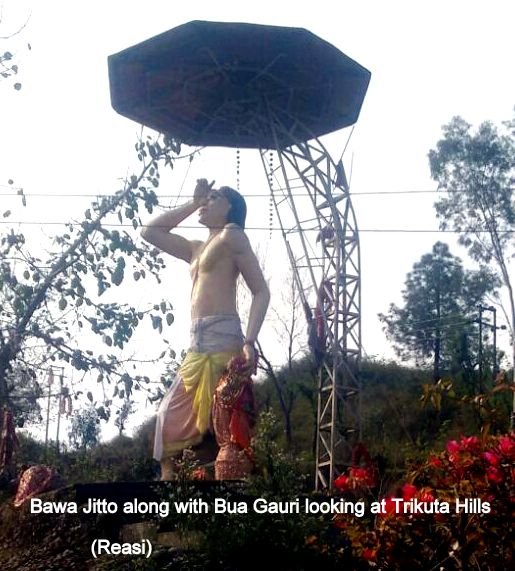Reporters: Dr. Ankush Kumar Bedyal, Mritunjay Prasad and Palvi Gupta
Just as Socrates had to drink the hemlock, Christ to hang on the cross, Joan to burn at the stake, Bawa Jitto thrust a dagger in his chest – Dr. Vandhana Sharma
A farmer’s life. In just thinking about it, these words bring to our memory the shocking tales of social injustice the peasants have borne through the ages. Yes, since time immemorial and even now their life is far from any rehabilitation. Why? Why has not the blunders of the past taught the society to re-evaluate and reform the system. Is it so rigid? Or are we too indifferent? The article is not an exposition on the political scenario of our country today, but a looking back at the Indian society of 15th century – the condition of the farmers. If past has been forgotten, the article will with force remind us all of the oppression faced by the peasants and how by exposing this reality can we change it.
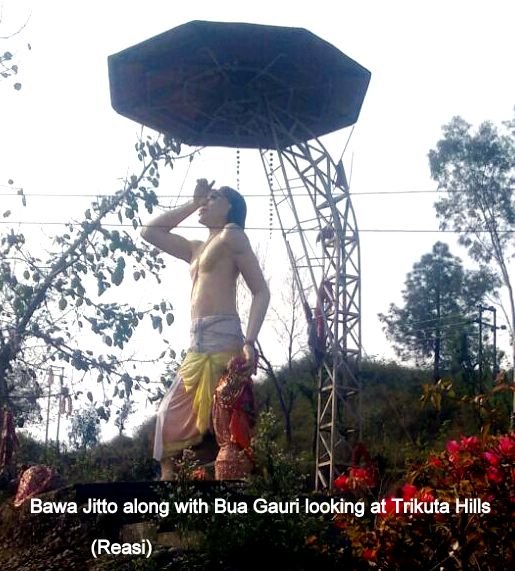
I have taken a powerful text by the late Padamshree Ramnath Shastri who in his work Bawa Jitto attacked the feudal forces of oppression that make a peasant’s life a living hell. The work has been translated by the meticulous efforts of Dr. Vandhana Sharma, Head, Department of Languages and Literature, SMVD University. Through her translation of the work into English, she has made the text accessible to the masses for knowing our past and correcting our present.
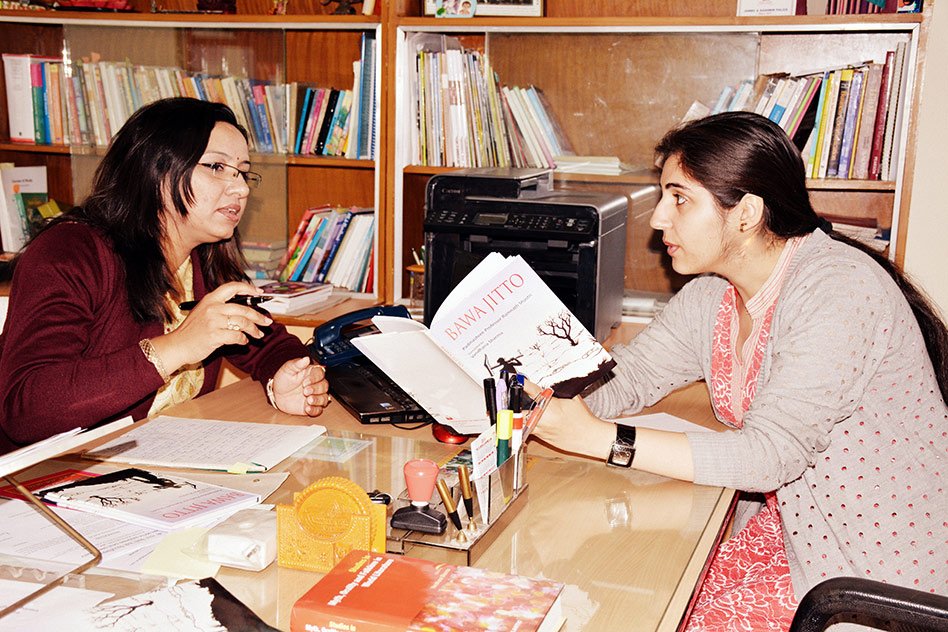
Bawa Jitto: The Story of an Honest Farmer
This is a story of an honest, god-fearing farmer and is one of those tales which expose the shameless subjugation of the poor by those at the helm. If we will read these tales, we will be shaken to ensure such things do not happen again. And if they are happening, then how to put a blunt stop ! Lest we forget, it is time to go back to our roots – our folklores, our history, our unsung fiction and so on which are collectively a Voice of our Nation and a voice of its sidelined masses.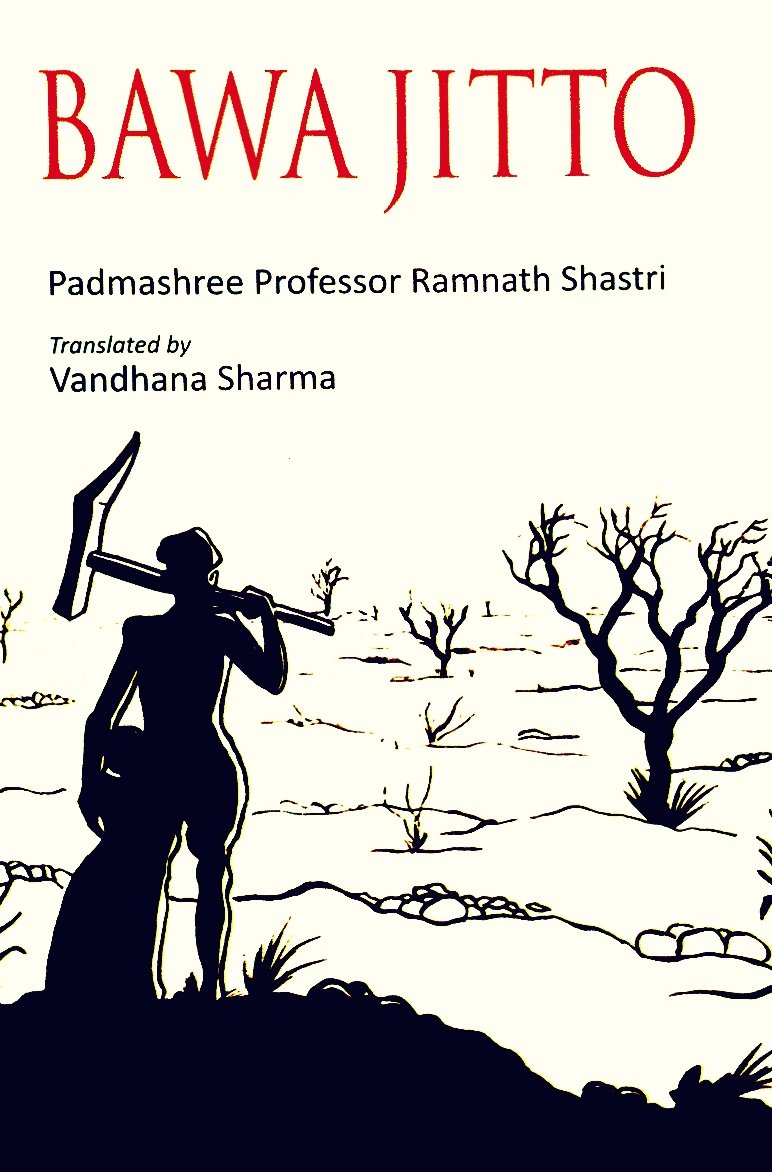
Birthplace: Bawa Jitto was born in a village by the name Ghaar in the lap of the Trikuta Hills, the abode of Mata Vaishno Devi, in the state of Jammu and Kashmir.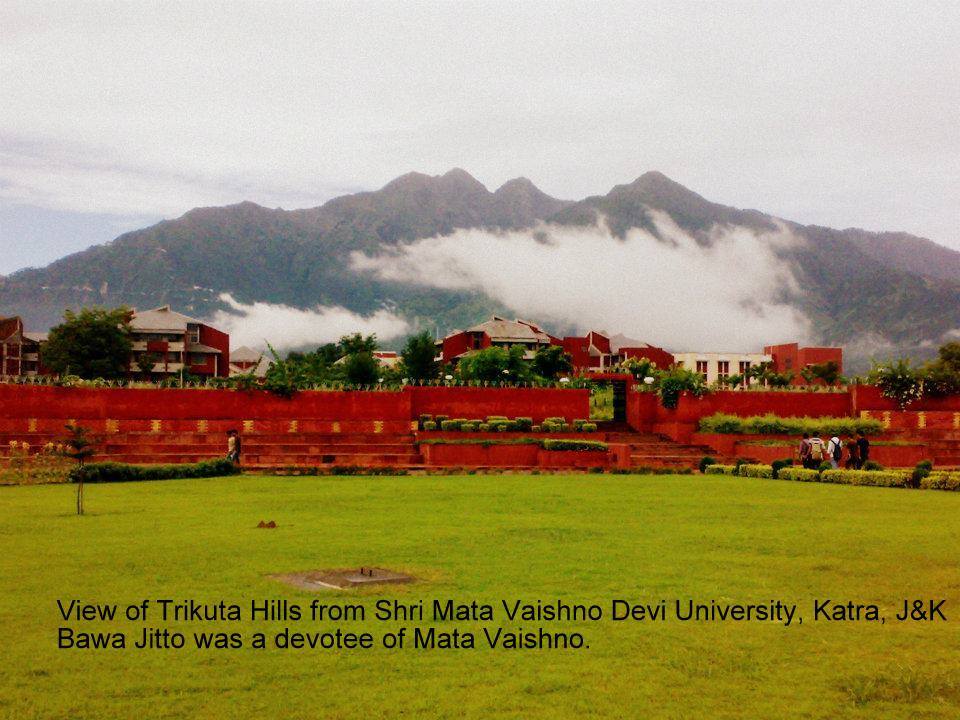
The Conflict: There are two conflicts. First, Jitto faces the oppression of the panchayat who rule in favour of his greedy family and force him to give up his lands. The second conflict begins with he and his friend, Iso Megh are allotted a barren land, which they by the dint of their hard work turn into fertile and arable land. The zamindaar, Mehta Bir Singh, gets greedy and seizes control of it as used to be the shameless custom. This leaves Jitto landless and without any livelihood to feed his family. The landlord is represented as a symbolic attack on the tyrannical and cold-hearted landlords who enslaved the peasants as bonded labourers and inflicted untold and unforgivable tortures on the farmers.
The Social Cause: Broken, desperate and frustrated of the diabolical practices of these local tormenters, Bawa Jitto sacrificed himself on a heap of grains by thrusting a dagger in his heart. He did this to shake the masses to take an action, to fight the wrong-doers and to stand up against the atrocities of the ruthless Jaagirdars once and for all.
A Wake-up Call: The story depicts the relationship of the landlords and the peasants – the master and the slave, the exploiter and the exploited. Peasants are abused as slaves and are bled dry to fill up the treasuries of the landlords while the farmers barely manage to live hand to mouth. The story is an attack on social injustice and triggers a protest of the masses against it.

Bawa Jitto: Man’s Violence against Man.
G.K. Das, former Vice Chancellor, Utkal University, Bhubaneswar, connects the life of Bawa Jitto with the revolutionary figures of Abraham Lincoln, Mahatma Gandhi and Martin Luther King who attacked man’s violence against man. He calls Bawa Jitto “a Martyr and a Universal Redeemer” as in fighting for the cause of the good of the people, he gave up his life to mobilise the masses to protest against tyranny than let it ruin their lives.
The tale symbolises:
– the cause of the marginalised against the elite
– the power of literature that serves as a voice of the masses.
– the appalling condition of rural Indian society from past to present. A question mark on the future of our country.
In finding out how the text is a voice of the masses, and what significance this work has in Dogri Literature, I interviewed Dr. Vandhana SharmaIt has been her prime motive to promote the literature and culture of Duggar region (J&K). She actively translates Dogri texts into English to make these texts accessible to the masses.
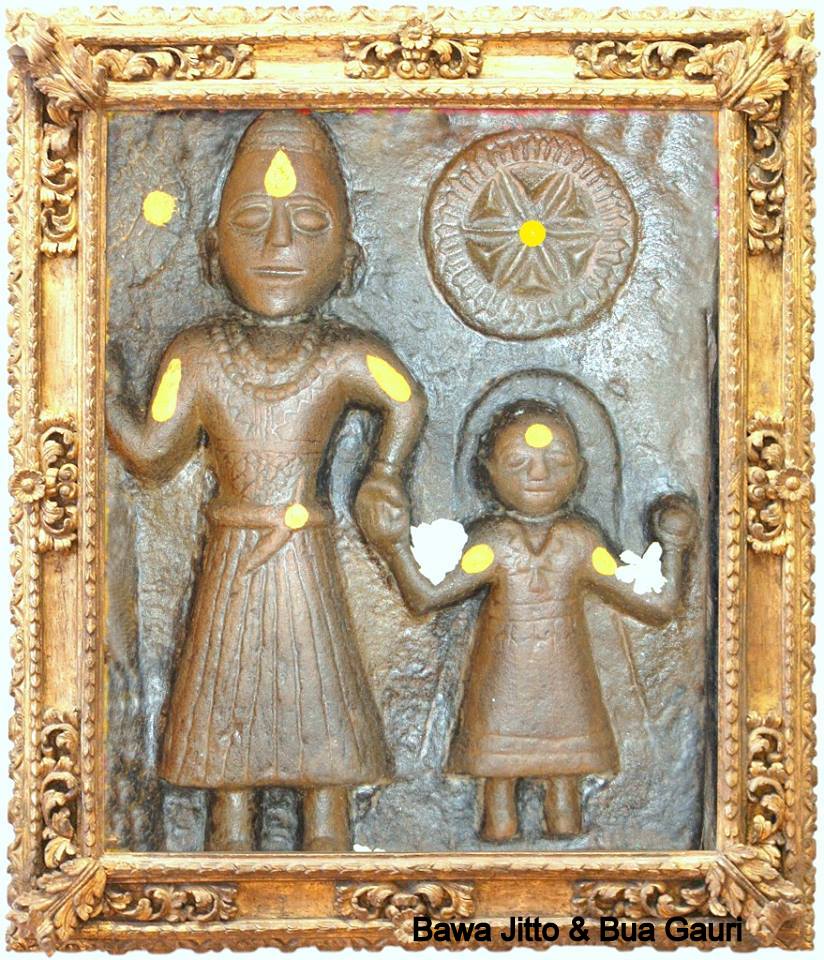
What prompted you to translate Ramnath Shastri’s work Bawa Jitto?
I have always been fascinated by the fact that Bawa Jitto stands for the spirit of rebellion and resilience in Dogri Literature. Moreover, the poignant and breath-taking play directed by Padmashree Balwant Thakur, which I happened to watch, encouraged me to work on the great duggar peasant hero. Further, while working on a research paper on the literature of peasantry I was struck by Steinbeck’s comment, “I’m land and land is me” and was thrilled to realise the similar phenomenon in the duggar peasant hero. My discussions with Prof. G.K. Das, former Vice Chancellor Utkal University and my mentor in many ways in my first venture into Translation prompted me to translate Padamshree Prof. Ramnath Shastri’s magnum opus Bawa Jitto into English.
What was your objective in doing this project?
My key objective in this has been translation of Bawa Jitto from a ‘Dogra peasant hero’ to an ‘Indian peasant hero.” In the Indian context, it is only by translation of the several regional language texts, that these works reach an all Indian readership. This further helps in building the nation as a whole. My attempt in the translation of Bawa Jitto from Dogri to English is but a drop in the ocean.
Bawa Jitto , being a peasant hero, can you connect his struggle as a farmer with the contemporary sufferings and danger our farmers are facing? Do you find it to be a matter of concern that even now the famers are reeling under oppression, and forced to commit suicide?
In Jammu region, Bawa Jitto is seen as a legend of the masses. The play is a poignant depiction of oppressive forces that have been existing in Indian society. What makes it a powerful play is the portrayal of ruthless landlords or zamindars, the protest of the hero against the tyrannical feudal system and the voice of the hero, Bawa Jitto against the oppressive forces back in the fifteenth century. This renders it a universal appeal and a contemporary relevance too. We live in the age of paradoxes; on the one hand we bask in the glory of our economic prosperity and on the other hand lament the economic devastation of some sections of society. The play although exposes the class struggle but the overtones and undertones of protest are very significant. Neverthless, it cannot be said with certainty that farmers today are committing suicide to protest against oppressive forces, although it is matter of great concern at national level. There are multiple factors which contribute to farmers’ suicides and it is alarming indeed.
Bawa Jitto, according to you is Dogra peasant hero and is also seen as a deity. Can you tell us why he has been deified in the society?
Professor Shiv Nirmohi described Bawa Jitto as a ‘shaheed Devta’. It is a tradition in Dogri culture to deify the martyrs who give up their lives for the cause of good. Just as Socrates had to drink the hemlock, Christ to hang on the cross, Joan to burn at the stake, Bawa Jitto’s thrusting a dagger in his chest symbolizes that the sacrifice of noble souls may wake the society from its slumber! To honour him, Bawa Jitto has been given the highest form of tribute – a consecration.
What is your message for The Logical Indians out there vis-a-vis the rich Dogri Literature?
First of all, I salute the work The Logical Indian is accomplishing to bring to the forefront the unheard voices of India. This initiative to highlight the cultures and literatures of Jammu and Kahsmir is indeed a commendable project. Let us hear and preserve the native ethos of our country, lest we forget and all is lost. Cherish the diversity and ensure no one is left out.
Bawa Jitto : 500 years old Duggar Legend and the Present
Just a story, is it? Stories, legends, folklores and other tales which we hear are evidences, proofs, and reminders of who is the perpetrator and who is the victim. Why this text, you may ask, it is a good question. And the answer is – what our farmers and other disadvantaged, marginalised and underprivileged people are suffering today is a continuity in our country’s history of social injustice, oppression and corruption.
If we forget about our past, the present will repeat the mistakes and the future will be inevitably lost.
India’s past. India’s present. Is there a difference? G.K. Das connects the dire times of feudal India and the cries of rural/urban India. Let’s bring a change. Let’s heed the unheard voices in our spoken and written literature. Let us know the culprit of the past and ensure it is not born in the present and does not damage our future.


